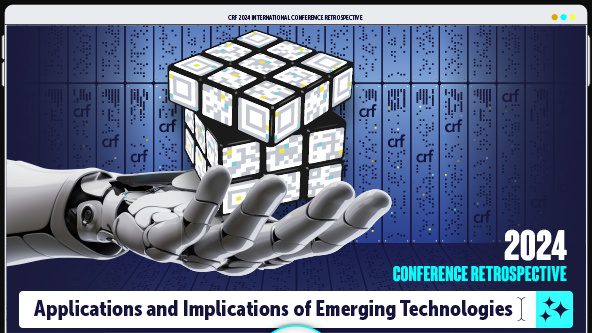AI and Technology
Video: How Technology is Changing the Way we Communicate, Work and Behave with Rahaf Harfoush
Technology has transformed the way that humans interact. And the pace of technological change continues to accelerate with new platforms, tools and networks. Human behaviour is changing too. Rahaf Harfoush shares her insights as a digital anthropologist, exploring the implications for humans and the organisations we work in. Transcript [00:00:00] Question 1: What are some
Log in or Sign up and gain full access to:
- Online research, supporting resources, digital communities and webinars
- Insights at in-person events and advisory support from experts and practitioners
- Capability development through programmes and courses



